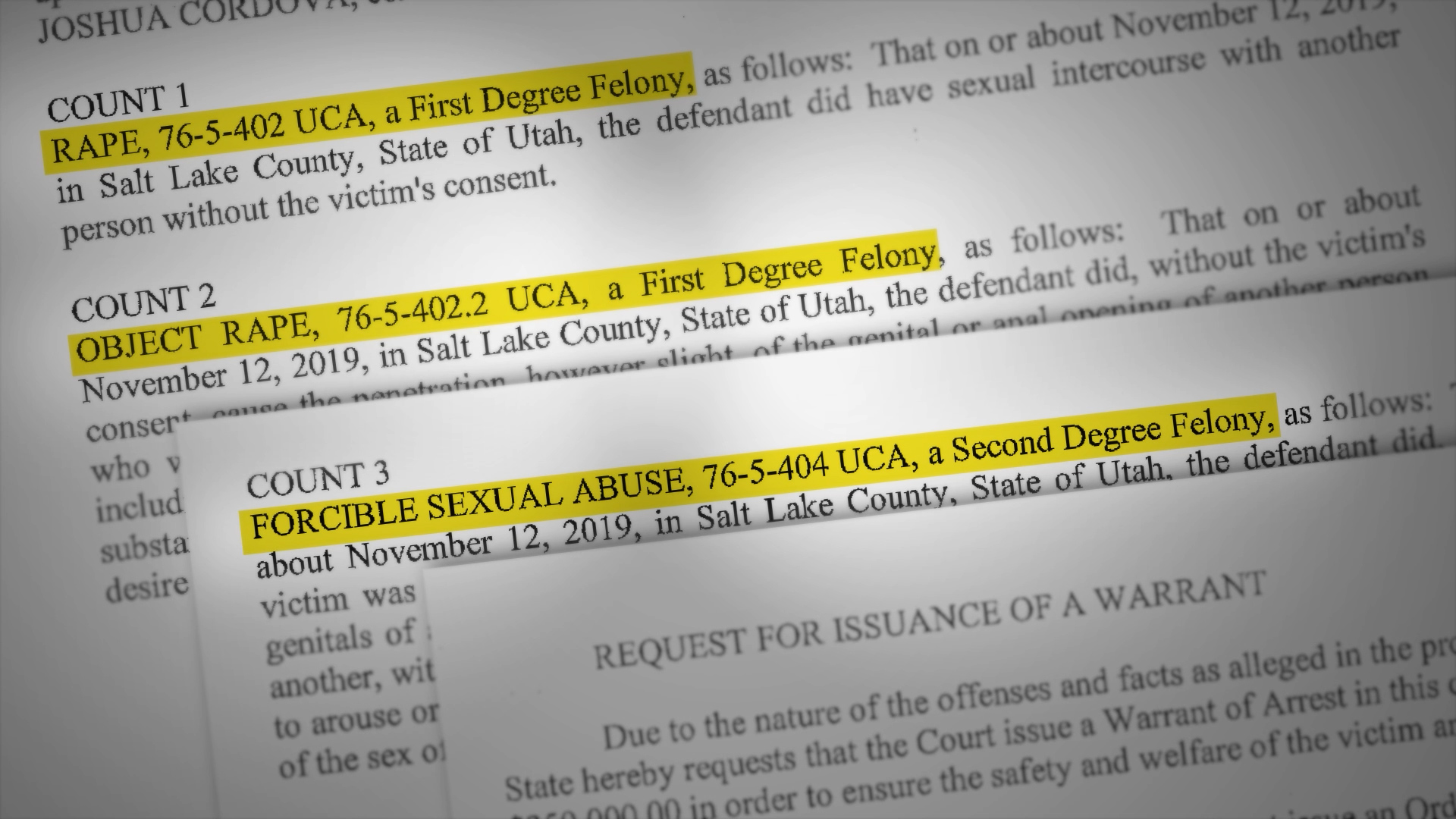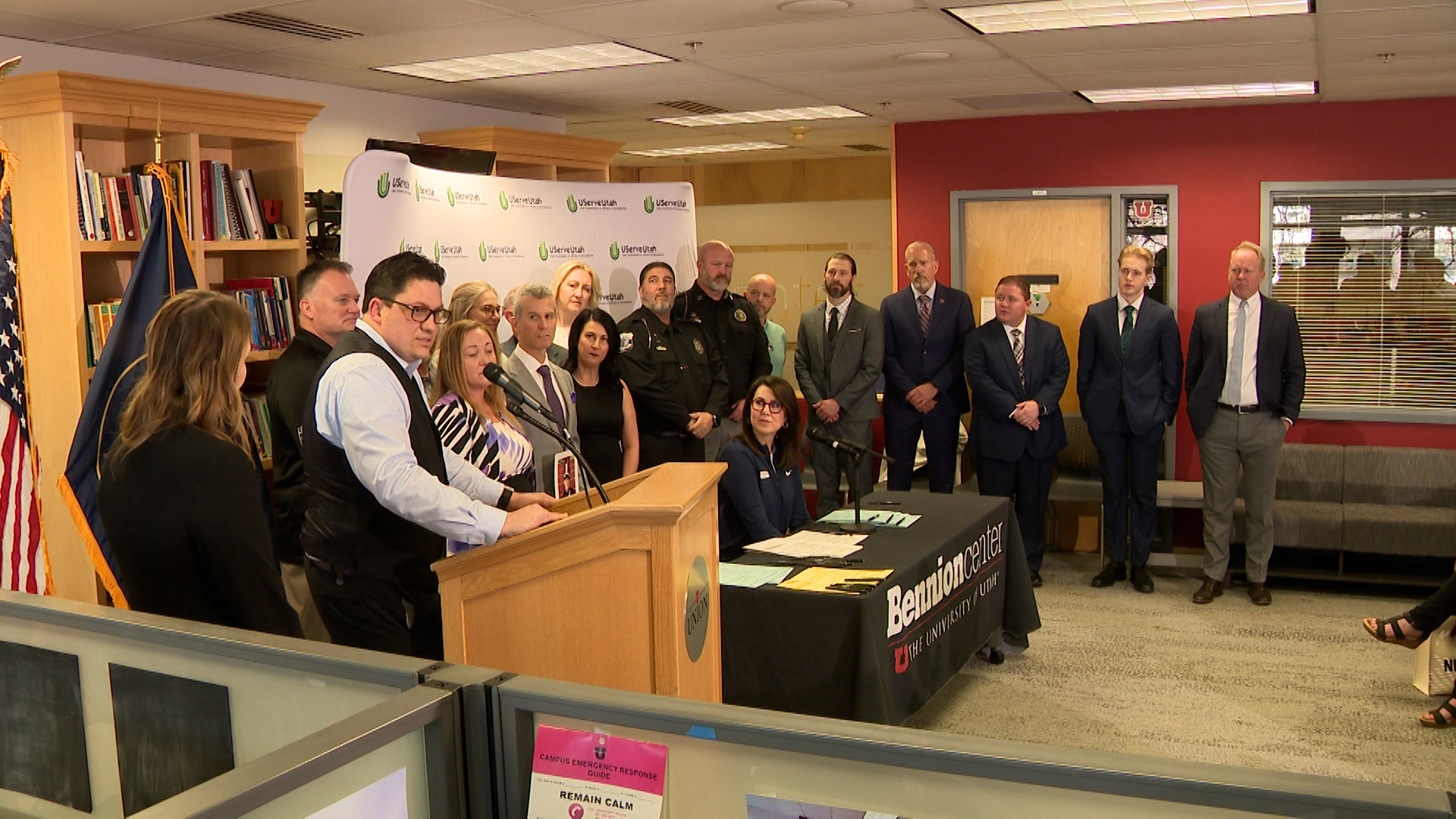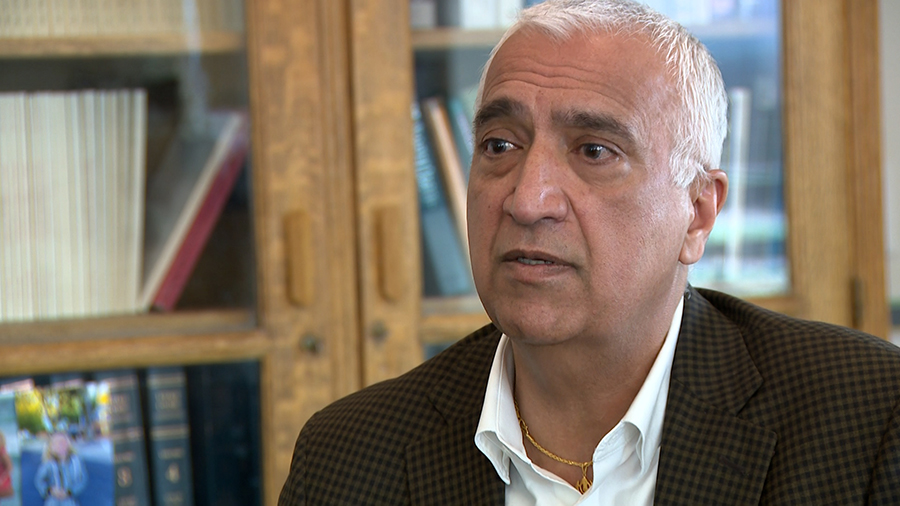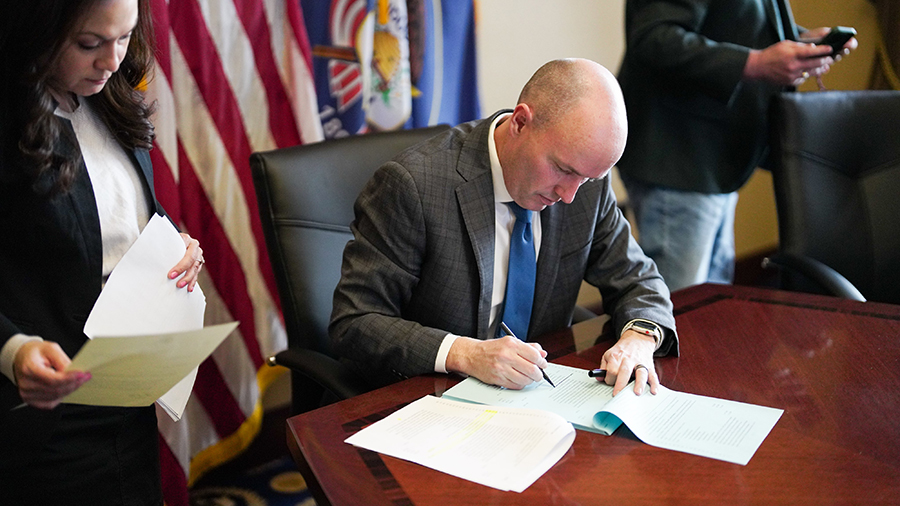Salt Lake City and SL County mayors warn of fallout from 2 controversial bills
Jan 22, 2024, 6:39 PM | Updated: 7:40 pm
SALT LAKE CITY — A bill to overhaul Diversity Equity and Inclusion offices is moving quickly through the Legislature, along with a bill that assigns rules for transgender bathroom access.
They each passed a senate committee on Monday and just need a full Senate vote before moving to the governor’s desk.
These two bills have city and county leaders in Salt Lake City worried about their efforts to attract big events to Utah.
Mayors Jenny Wilson and Erin Mendenhall, both Democrats, say these bills send the wrong message about Utah’s diversity — and could be a red flag for Utah’s visitor economy, as well as major sporting events like Major League Baseball and the 2034 Olympics.
County mayor Wilson said the message of belonging is the message Utah should be sending as we are awarded the games.
Salt Lake County Mayor Calls for Rejection of Controversial DEI and Transgender Bills. pic.twitter.com/IWpAiOELR4
— Mayor Jenny Wilson (@SLCoMayor) January 22, 2024
Mendenhall, Salt Lake City’s mayor, echoed that.
“We call ourselves a welcoming, inclusive place that prizes diversity and celebrates each other,” she said. “And bills like these create division, they create shame, and they create separation. And it is antithetical to the good of this state to pass bills like these.”
She’s said she is also worried about the city’s ability to bring in businesses and their dollars.
“Corporations, festivals, sporting events, are looking at what states in the United States are doing right now around just these kinds of bills, and they vote with their dollars,” Mendenhall said.
“As Utahn’s we should all be concerned about the economic impact of bills like these that that can cost the state billions in economic investment, but especially it’s about the humanity of people,” Mendenhall said to KSL TV.
No “negative messages”
Majority Leader Sen. Evan Vickers, R-Cedar City, said he hasn’t heard much chatter about risk to the Games or any professional sports.
“We don’t want them to be [impacted], we’re certainly not intending them to be,” Vickers said. “We’re certainly trying to do [these bills] in a more common sense approach. But at this point I have not heard any negative messages on that.”
Two years ago, Major League Baseball pulled its All-Star Game from Georgia over voting laws and in 2016 the NBA pulled its All-Star Game out of North Carolina over its transgender bathroom bill.
The International Olympic Committee’s feasibility assessment for Salt Lake City concluded that Utah has an opportunity to advance human rights issues with “championing diversity, inclusion, and unification through sport.”
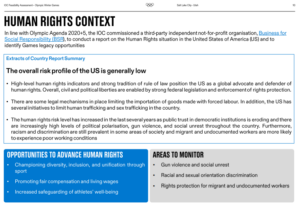
(KSL TV)
It also cautioned monitoring on “racial and sexual orientation discrimination.”
Frasier Bullock, president and CEO of the Salt Lake’s Committee for the Games, issued the following statement to KSL:
In following the IOC as well as our own principles as a bid committee, Salt Lake 2034 will always be inclusive, caring, as well as fair in our engagements with others.
“We’re talking 10 years out,” Vickers said. “Again, it’s not intended to infringe on anyone, it’s intended to do some protections, so we’ll see where it goes.”
Mendenhall was a bit more pessimistic.
“I don’t think anyone can accurately predict how broad the impact can be from this type of legislation,” she said.


